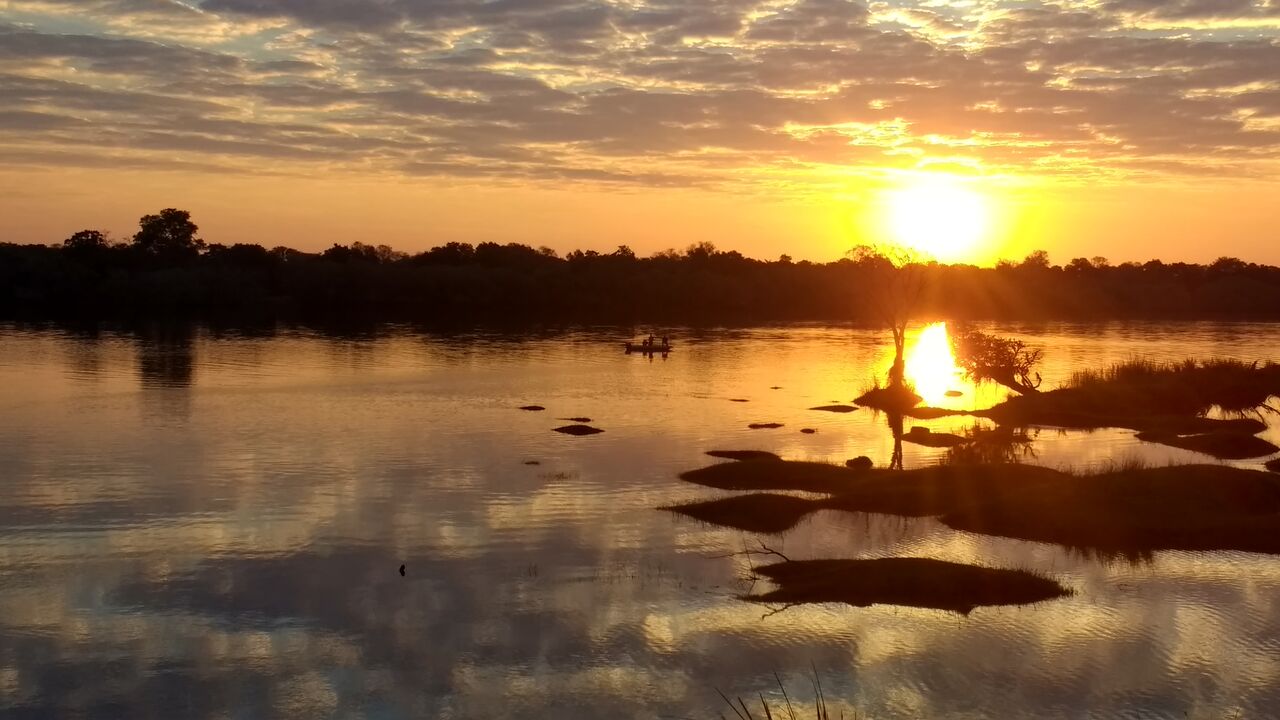
The African continent is home to 65% of the world’s diamonds, and is notorious for forced labor, corruption, and conflict surrounding the production and sale of the precious stones. Zimbabwe is one of the top diamond producing countries in the world, but in the past few years has been holding companies accountable for operating legally in the country. Now a local community is posing a real challenge to the diamond mining industry in Marange, Zimbabwe by standing up to the environmental destruction and human rights violations they are experiencing in the region.
On Tuesday August 1, the High Court of Zimbabwe ordered the Zimbabwe Diamond Consolidated Mining Company to stop all mining activities. This ruling was a result of a local group, the Marange Development Trust, calling attention to the fact that the company was mining without a license, violating Zimbabwe law.
The Marange diamond fields in Zimbabwe are known to be one of the world’s richest diamond deposits and produced upwards of 13% of the world’s diamond supply in 2013. The area is controversial due to government crackdowns on illegal miners, cases of forced labor, and environmental concerns.
The rise in mining since 2006 has severely impacted the historically dry region. The local people suffer from limited access to water, an issue exacerbated by mining activity. Increasing erosion of soil caused by mining near the Banda and Odzi rivers, as well as their tributaries, has resulted in the pollution of local water supply needed for livestock and household use. Diamond mining in the area has also led to increased deforestation as a result of the construction of shelters for artisanal miners and an increasing need for fuel. The damage caused by diamond mining, however, has not been accompanied by any clear programs for the restoration of affected areas.
The Marange Development Trust received $5,000 from Global Greengrants Fund to increase community awareness of the environmental impacts of diamond mining activities in the region. Not only has the organization reported that the company was illegally mining in the region, leading this this week’s monumental ruling, but they also plan to host training workshops for local indigenous people. These workshops will increase local awareness of the environmental issues associated with mining, and involve the community in ecological restoration programs to restore deforested areas and gullies damaged by social erosion. Local residents are also monitoring pollution and natural resource impacts to provide evidence of oversight by mining companies.
Tuesday’s landmark ruling is a step in the right direction to protect the land the indigenous communities in the Chiadzwa region depend on. However, mining activity will only be halted until an Environmental Impact Assessment is completed and a certificate allowing mining to continue is awarded. This means that the community needs to continue their work tracking the impact of mining on their community, and make sure that the mining companies commit to restoring the land and respecting the rights of the local people.
